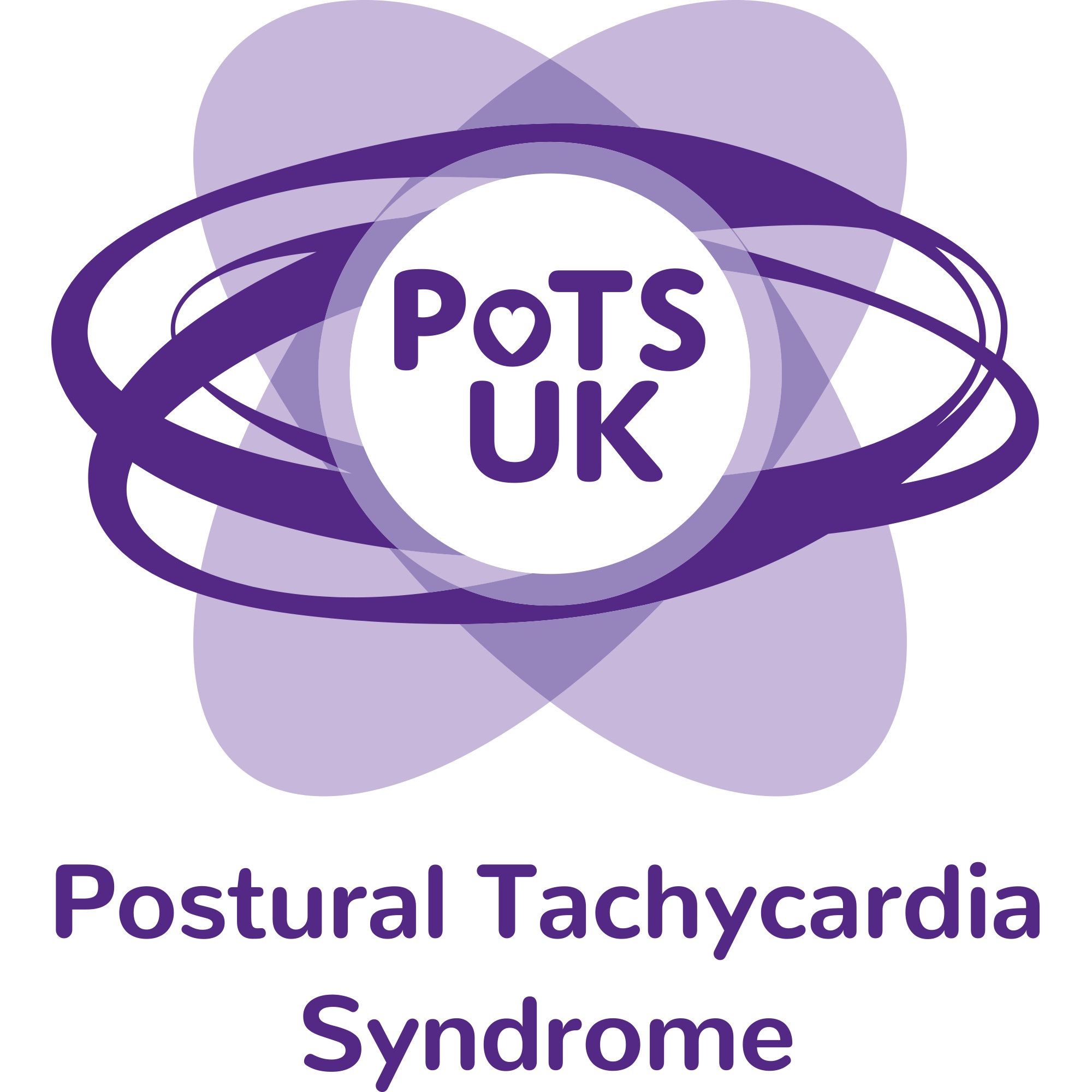Postural Tachycardia Syndrome (PoTS) is a condition where a person's heart rate increases significantly when they stand up. This can cause symptoms such as dizziness, light-headedness, fainting, and fatigue. People with PoTS may also experience headaches, palpitations, and difficulty concentrating.
The content on this page is provided solely for information purposes and provides an overview of the subject matter covered. It is not a substitute for professional medical advice, diagnosis or treatment. If you think you have PoTS, please seek further information. The information on this page is subject to change without notice.
PoTS is an invisible disability
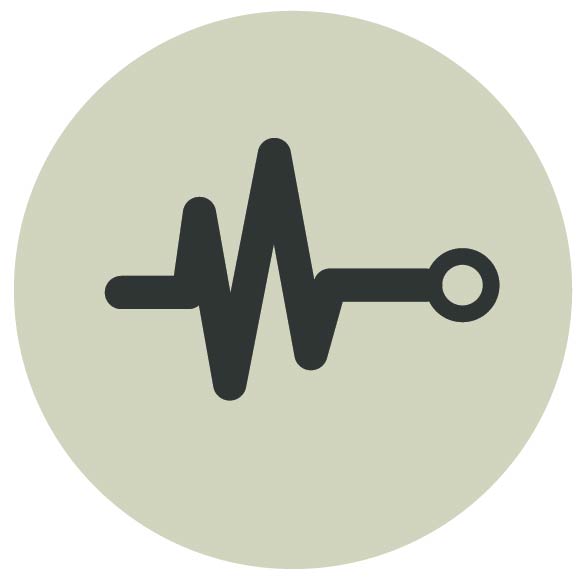 Around 0.2% of the population is estimated to have PoTS
Around 0.2% of the population is estimated to have PoTS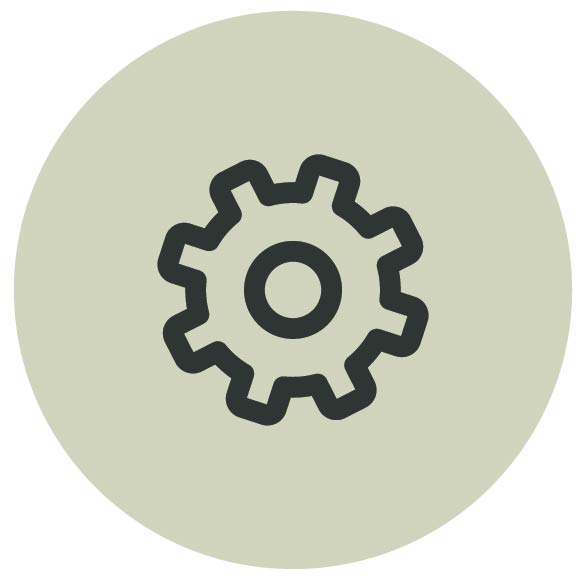 PoTS can occur at any age but the most common age for PoTS to develop is between ages 15 -30
PoTS can occur at any age but the most common age for PoTS to develop is between ages 15 -30 4.2 years is the mean time for PoTS diagnosis
4.2 years is the mean time for PoTS diagnosis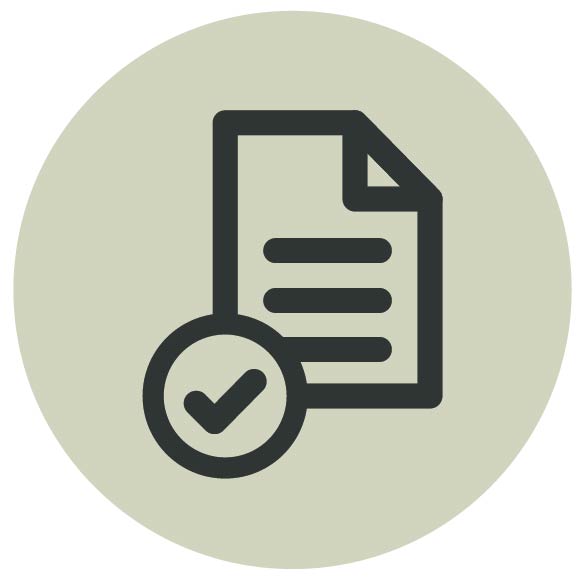 PoTS is often misdiagnosed
PoTS is often misdiagnosed PoTS can have significant impact on quality of life and ability to participate in daily activities
PoTS can have significant impact on quality of life and ability to participate in daily activities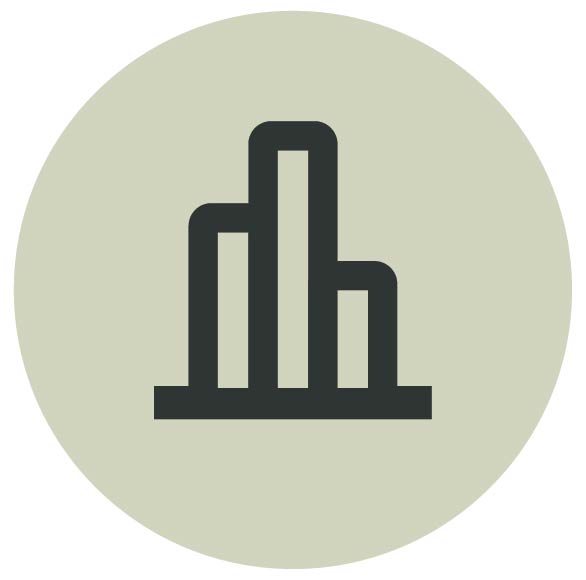 Disability caused by PoTS can be severe & equivalent to congestive heart failure & chronic obstructive pulmonary disease
Disability caused by PoTS can be severe & equivalent to congestive heart failure & chronic obstructive pulmonary disease No Cure There is no known cure for PoTS
No Cure There is no known cure for PoTS
The exact cause of PoTS is unknown, it is believed to originate form an abnormality in the autonomic nervous system, which regulates heart rate and blood pressure. Symptoms of PoTS often develops after a viral illness or other triggering event.
What does POTS stand for?
- Postural: related to the position of your body
- Tachycardia: increased heart rate
- Syndrome: a group of symptoms
Symptoms of PoTS
The symptoms of POTS can be classified into different categories, including cardiovascular, neurological, and other related symptoms.
Here are the symptoms of POTS:
Cardiovascular symptoms:
- Rapid heartbeat or palpitations
- Fainting or near fainting
- Dizziness or lightheadedness
- Chest pain or discomfort
- Shortness of breath or difficulty breathing
- High or low blood pressure
- Heart racing or pounding
Neurological symptoms:
- Headaches
- Brain fog or difficulty concentrating
- Tinnitus or ringing in the ears
- Tremors or shaking
- Numbness or tingling in the limbs
- Blurred vision or vision changes
- Sensitivity to light or sound
- Seizures or convulsions
Other related symptoms:
- Fatigue or exhaustion
- Gastrointestinal symptoms such as nausea, vomiting, and diarrhea
- Sleep disturbances or insomnia
- Joint pain or muscle weakness
- Anxiety or depression
- Temperature intolerance or hot flashes
Living with PoTS and challenges faced in daily life
Living with PoTS can present many challenges for the individual with the condition. People with PoTS may experience a range of physical and emotional symptoms that can impact their ability to work, study, or engage in social activities. Some of the challenges that people with PoTS may face include:
- PoTS is a relatively unknown condition, and people with PoTS may find themselves facing stigma and misunderstanding from others who do not understand their condition
- Difficulty with daily activities such as grocery shopping, cooking, or cleaning
- Decreased social life, people with PoTS may be unable to participate in social activities and events, which can lead to feelings of isolation and loneliness
- Challenges with finances as symptoms can make it difficult to maintain a full-time job or attend school
- Living with PoTS can also take a toll on a person's mental health. Some people with PoTS experience symptoms of anxiety or depression, which can further impact their social life.
- People with PoTS may struggle to find adequate support from healthcare professionals or their social network, which can exacerbate the challenges they face.
Assistance and support you can offer
Every non-visible condition and impairment is experienced differently, and it is not possible to generalise the recommendations below for all.
Offering assistance and support to someone with PoTS can make a significant difference in their quality of life. By being understanding, patient, and supportive, you can help them manage the challenges they go through and stay connected to the world around them.
Here are some ways you can support someone with PoTS:
- Educate yourself and learn about PoTS and its symptoms so that you can better understand what your friend, loved one, colleagues or even a random stranger is going through
- Recognise that people with PoTS may need to take breaks or modify their activities to manage their symptoms. Be patient and supportive of their needs
- Be a good listener - sometimes people with PoTS just need someone to listen to them and understand their struggles
- Be an advocate for people with PoTS by helping to educate others about the condition and reducing stigma and misunderstanding.
Look out for these Sunflower icons
 I may need more time
I may need more time I may need urgent access to the closest toilet facility
I may need urgent access to the closest toilet facility I cannot stand for long periods of time
I cannot stand for long periods of time I may need a place to sit down and rest
I may need a place to sit down and rest I have a hidden disability
I have a hidden disability
The content on this page is provided solely for information purposes and provides an overview of the subject matter covered. It is not a substitute for professional medical advice, diagnosis or treatment. If you think you have PoTS, please seek further information. The information on this page is subject to change without notice.
The content on this page has been kindly reviewed by PoTS UK (Mar 2023)
For further information, please visit https://www.potsuk.org/
PoTS UK supports and educates patients, family, friends and healthcare professionals within the United Kingdom about this under recognised and commonly misdiagnosed condition by sharing up to date evidence and resources.
We work with healthcare professionals and other charities in the UK and abroad, and advocate for our members by seeking better NHS services, more research, and targeted treatments for people with PoTS.
We aim to connect patients in a safe environment to empower them to self-manage their condition and reduce isolation.
We produce evidence-based educational content for healthcare professionals which will improve awareness of PoTS, diagnosis and management, and improve health services for patients.
